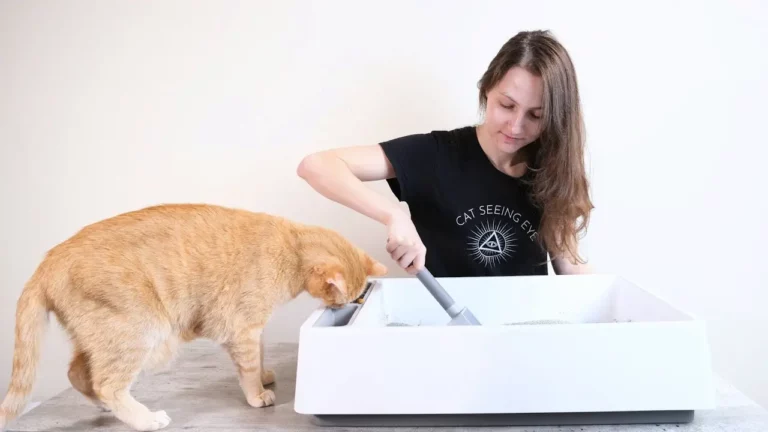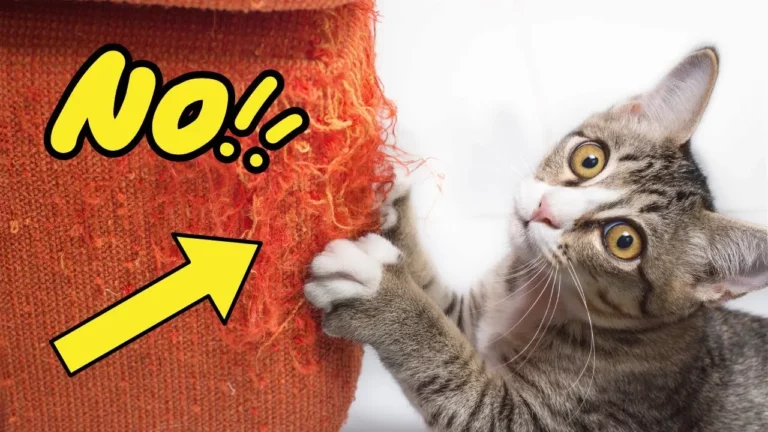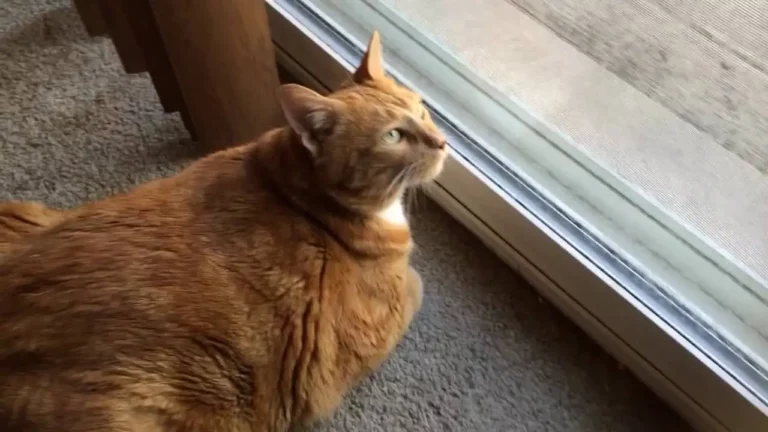Misunderstood Cats: Insecurity, Not Pettiness, Drives Their Actions
When cats misbehave, they’re not acting out of spite, but rather expressing their insecurities, says a pet psychologist.
Cat owners often feel like their pets are acting like petty roommates when they find surprises outside the litter box or claw marks on their favorite furniture.
It might seem like your
According to Kristyn Vitale, a professor of animal health and behavior at Unity Environmental University in Maine, cats are not being vindictive.
Instead, these behaviors are likely signs of insecurity and anxiety.
If your
“The
So, when your
Rule Out Health Issues and Stress Factors
Sometimes, what we perceive as petty acts are actually signs of anxiety or illness.
If your
For example, peeing outside the litter box once might not be a big deal, but if it happens repeatedly, it’s time to see the vet. Similarly, occasional vomiting might be harmless, but frequent vomiting is a concern.
Changes in your
If your
Changes in their environment, such as a new person in the house, nearby construction, or another animal outside, can cause stress.
Vitale notes that cats often display unwanted behaviors as a way to cope with anxiety.
For instance, if their owner is away for a long time, they might develop social anxiety and exhibit behaviors like vomiting.
Addressing the Behavior with Positive Reinforcement
Once you’ve ruled out health issues, Vitale recommends evaluating the placement of resources like the litter box.
If the litter box is in a secluded area, your
Adding a scratching post or moving the litter box to a more central area can help address this issue.
Vitale advises against using negative reinforcement, such as punishment, to stop unwanted behaviors.
Punishing your
Instead, she suggests using positive reinforcement to encourage desired behaviors.
Reward your
“The goal is not to stop the behavior entirely but to redirect it to a more appropriate place,†Vitale says.






